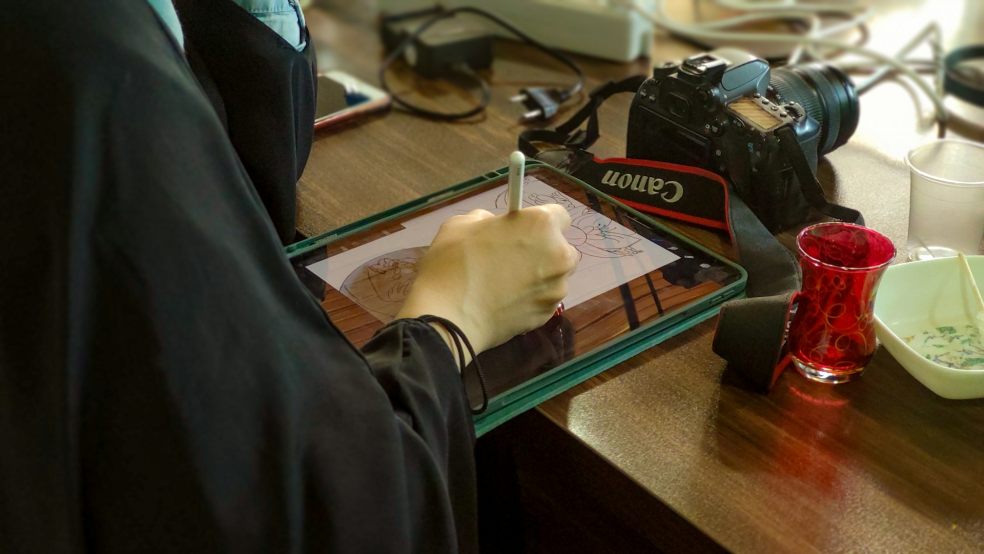
Exploring the Cultural Shift Towards Digital Hobbies
As a society, we have become increasingly reliant on technology, to the point where even spending a couple of hours off the grid can be unimaginable for some. As such, more and more people are opting to enjoy digital hobbies versus analogue ones. But let’s take a closer look at how this fascinating shift has impacted modern life.
Benefits of Engaging in Digital Hobbies
One of the biggest benefits of digital hobbies is the added convenience that they have brought on. They don’t typically require us to leave the comfort of our homes or even purchase any additional tools or devices. This has in turn made them more accessible to the average person, who might not otherwise be equipped to enjoy analogue alternatives for various reasons, not least of which time constraints.
A great example of this can be found in the casino sector, which has gone digital. Players can now locate the best online slots UK with ease by simply accessing an online casino platform. And thanks to advancements in cross-platform compatibility, players aren’t required to even own a PC, and can instead play using just their smartphones or tablets.
While you might think of digital spaces as being quite solitary, they can actually allow hobbyists who don’t have a close network of people able to partake in group activities to enjoy a different kind of company. After all, the online world is vast and filled with mutlinational and like-minded people who you can easily connect with. Want to share your digital art? Well, platforms like DeviantArt allow you to do just that. You'll also find that there's a platform for just about everything.
Certain digital hobbies tend to also be more cost-effective than their physical version. Returning to the digital art example, with its analogue equivalent, beyond the initial investment into basic equipment, there's the consideration that certain materials will need to be repurchased continuously. However, with digital art, many can simply use a device they already own, or purchase a digital art tablet which can hold significantly greater value in the long run.
Impact on Traditional Hobbies and Activities
This cultural shift has had a major impact on how most of us perceive traditional hobbies. These can at times be seen as a thing of the past that require more effort than they're worth.
Consequently, younger generations have begun to favour digital variants, causing some once commonplace hobbies and skills to fade away. To name a few, there has been a sharp decline in interest in embroidery, woodwork, scrapbooking, and weaving.
However, this doesn’t mean there is no longer a place in our society for them. Virtual activities can co-exist peacefully with physical ones, and even offer a vital alternative to those who may want or need it. Moreover, digital spaces can be used by fans to preserve the knowledge base and wider community surrounding specific hobbies.
For example, a traditional hobby like viewing horse races has been kept alive by betting sites, intertwining the old and the new by allowing people to continue watching events whilst making other related aspects, like gambling, accessible over the internet. And, thanks to hobbyists on platforms like Pinterest or TikTok, there has been a renewed interest in things such as knitting and crocheting.

While it may be sad for some to witness certain pastimes on their last legs, this is but a part of the natural cycle of life. As time goes on, we can remain hopeful as a society to find these happy mediums, where both the old and the new can exist together.













